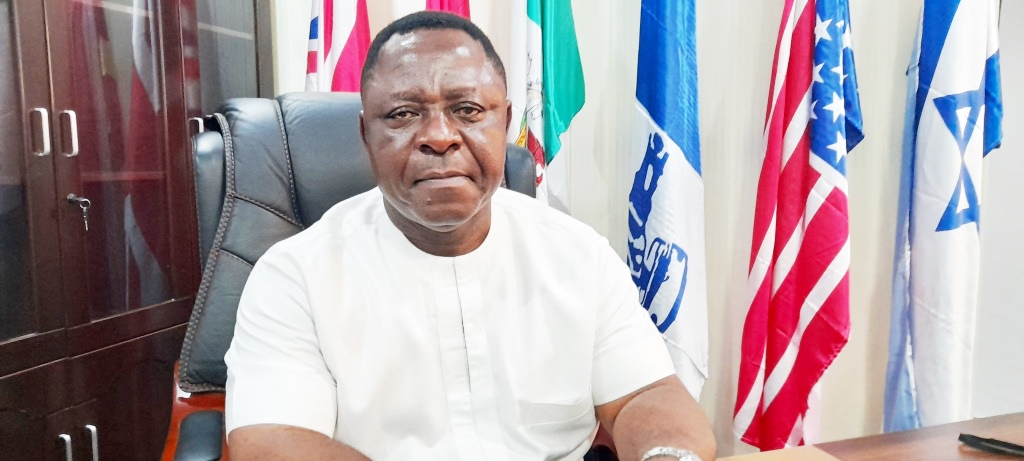Pundits in development planning and agriculture will this weekend in Abeokuta discuss improved casaava production as a panacea to exiting recession.
Otherwise, the current economic recession in Nigeria has made it inevitable for the private sector and donor agencies to support the Federal and State governments’ drive to make the cassava value chain a major contributor to the country’s Gross Domestic Product (GDP).
According to the Ogun State Deputy Governor, Mrs. Yetunde Onanuga, who spoke during a press briefing in Abeokuta, such a gesture would serve “as a tool in addressing youth and women unemployment, youth restiveness as well as achieving sustainable transformation in the rural economy.”
She spoke while declaring open a two-day workshop on Cassava Mechanisation, which attracted experts from Asia, South Africa, Brazil, Kenya and South America.
It was organised by the African Agricultural Technology Foundation (AATF), in conjunction with the Bill and Melinda Gates Foundation. The workshop is aimed at identifying systematic and sustainable pathways of improving cassava productivity and reducing drudgery through mechanisation and good agricultural practices in the country.
The participants are to think through policies that would build an economically sustainable and commercially viable business case for individuals, for profit-equipment importers and mechanisation service providers.
Cassava is a staple crop for the 350million people in Sub-Sahara African, accounting for 55 per cent of the world’s cassava production.Although Nigeria is acknowledged as the highest cassava producer in the world with over 50million metric tonnes per year, the output per unit area is still very low (11 metric tonnes per hectare) as compared to over 22 metric tonnes per hectare recorded in South East Asia.









